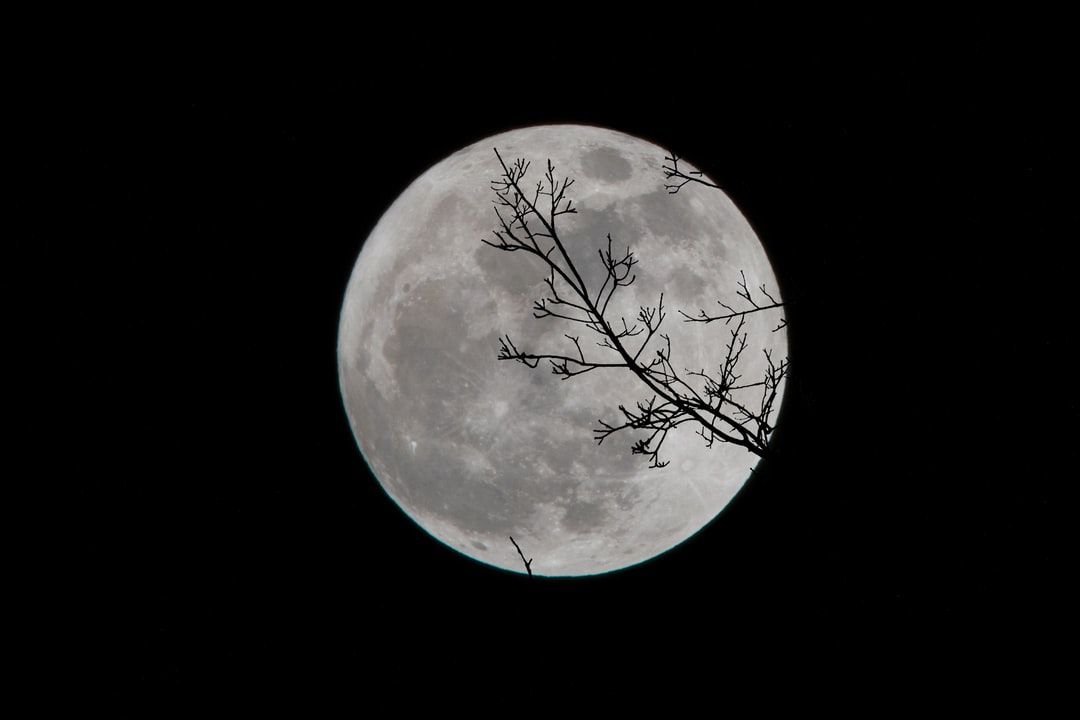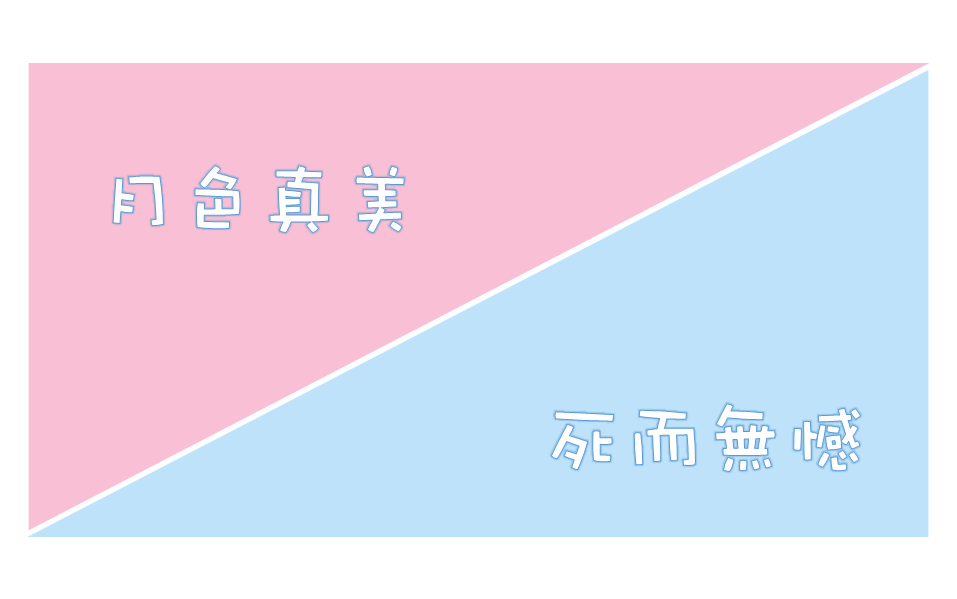
活在自己世界的女孩子,和世界隔著一扇車窗。渺小的瓶中的魚,卻想成為慵懶的貓。
[My translation world] The moon is beautiful tonight (Liker ID: cat20200120)
There is a saying in Japan called " Tonight は月が美丽ですね", translated into Chinese, it means "Tonight's moonlight is so beautiful". At first glance, some people may think that this is admiring the beauty of the moonlight, but in fact A very romantic confession.

I met Natsume Soseki from the world of the second dimension (Japanese anime Bungo Stray Dog ), and then I searched for Natsume Soseki who knew the third dimension, and then through many Japanese literary works, I gradually discovered the romantic footprint of "The moon is so beautiful tonight" .
By the way, I recommend a youthful love anime full of girls' hearts, "Moonlight is Beautiful" . In this Japanese anime, there is a classic scene of confession under the moon. After reading it, you will understand the right time for this sentence to appear!
In fact, this sentence is very common in the Japanese literature. In addition to anime, movies, and novels, it can also be found in the lyrics of some music, such as the anime "Moonlight is Beautiful" just mentioned, and "Shape of Sound in the Movie Version". " , "My Wife Is Playing Dead Everyday I Come Home" , and the song "When the Hydrangea Blooms, I'm In Love With You" and so on.
I think this sentence is very classic, but usually only people who are interested in or understand Japanese culture can react instantly. I asked my friends, only 2 people know the correct interpretation of this sentence, one is a lover of all kinds of love novels The girl, one is a boy who likes Japanese anime.
If you don't know how beautiful "the moonlight tonight is so beautiful", then you should have heard of Soseki Natsume , a famous Japanese writer, right?
Natsume Soseki enjoys a high status in the history of modern Japanese literature and is known as the "National Great Writer". He is highly accomplished in both Eastern and Western cultures. He is not only an English scholar, but also proficient in haiku, Chinese poetry and calligraphy. When writing novels, he is good at using pairings, repetitions, humorous language and novel forms. (Introduction from Wikipedia)
It is said that when Natsume Soseki was an English teacher, he discussed with his students how to translate an English text. The boy in the text couldn't help but say "I love you" to the girl under the beautiful moonlight, just like we usually translate The habit of students translates this sentence directly as "爱しています" (I love you).
But Mr. Natsume put forward a different view - he believes that " Japanese people don't say this", no Japanese will say the words "I love you" easily, it is better to translate it as " Moon が Beautiful で す ね" (the moonlight is so beautiful).
So what is the relationship between the moon and liking? Why do Japanese people associate liking from the moon?
In simple terms, it is a homonym of two words, because in Japanese pronunciation, these two words are very close to each other. The moon "つき" is pronounced as tsuki , and the like "すき" is pronounced as suki .
However, this anecdotal story began to circulate about 60 years after Natsume Soseki's death, so some people say that this is not a real thing, and according to research, it is also found that this story is not recorded in Natsume Soseki's books middle.
If you are interested in the verification of "Natsume Soseki and Moonlight is Beautiful", you can check the discussion on this Japanese website. → "Moon が Beautiful で す ね・Death ん で も い い わ" certificate
There are also people discussing the confession of "how to respond". Just from what I saw, there were responses like "death without regret", "the wind is gentle", expressing acceptance of the confession, or answering "but out of reach" to politely refuse to confess.
Some discourses, while poetic, also have a unique characteristic of Japanese culture. If you have other great ideas, please leave a message to share with me (๑ơ ₃ ơ)♥


Like my work?
Don't forget to support or like, so I know you are with me..
Comment…